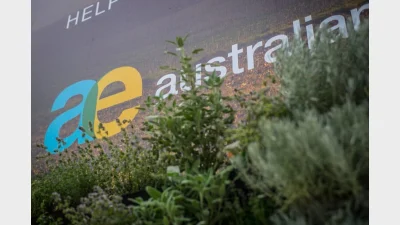ASFA calls for more on CGT rollover
The Federal Government has been called upon to extend both the scope and the timeframe of its capital gains tax rollover relief for superannuation funds undertaking mergers.
The Association of Superannuation Funds of Australia (ASFA) has made the call in a submission responding to the Federal Treasury's discussion paper on the rollover relief.
While supporting the general thrust outlined in the Treasury paper, ASFA's submission argues that the relief being proposed is quite narrow and is limited to the direct transfer between fund trustees of assets held on capital account.
"ASFA considers that for the Minister's objective of improved economies of scale and more cost effective services to all superannuation fund members to be fully achieved, the scope of the capital gains rollover relief should be broadened to accommodate the diverse arrangements currently in place in the superannuation industry," it said.
The ASFA submission then went on to detail the broad types of capital losses likely to be encountered by superannuation funds, including realised capital losses and unrealised capital losses on capital accounts and realised capital losses on financial securities and unrealised capital losses on financial securities on revenue accounts.
"Our understanding is that the relief granted by the Government only relates to unrealised capital losses in respect of assets held on capital account," it said.
The submission then warned that the value of these losses was reflected in the value of a member's account determined by either unit pricing or crediting.
It said that whether unit prices or crediting rates were used, the inability to carry forward realised capital account losses and revenue account losses when a fund merged with another fund resulted in a real reduction in the current and ongoing value of members' benefits.
"Thus, in the present investment climate, the relief to be granted in respect of unrealised capital account losses could best be described as partial relief when compared with the actual reduction in the value of members' benefits that may occur when funds are merged," the submission said.
Recommended for you
First Nations Australians have faced systemic barriers accessing super, with rigid ID checks, poor service, and delays compounding inequality.
“Slow and steady” appears to be the Reserve Bank’s approach to monetary policy as the board continues to hold on to its wait-and-see method.
AFCA’s latest data has shown a decline in complaints relating to superannuation, but there is further work to be done, it has warned super funds.
Limited exposure to fossil fuel companies has positively impacted the performance of Australian Ethical’s balanced and growth funds, the super fund says.











